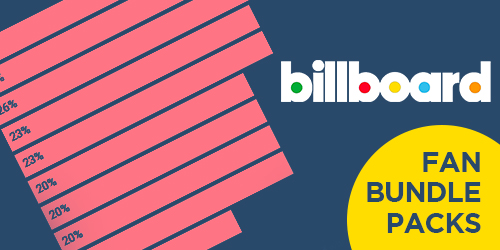
Billboard’s decision to count fan packs as part of album sales figures has sparked a lot of discussion in the music industry. Fan packs are special packages that not only include the album but also other limited-edition merchandise items like T-shirts, posters, stickers, and more. These packs are often sold exclusively through the artist’s official website or at concerts, and they’re marketed as a way for fans to get more value for their money.
While fan packs have been around for a while, their inclusion in album sales figures has caused some controversy. Some argue that fan packs shouldn’t be counted because they’re not strictly music-related. However, there are valid arguments on both sides of the debate.
Supporters of counting fan packs believe that they provide artists with a legitimate way to connect with fans and generate extra revenue. They also argue that fan packs often contain exclusive content that can’t be found anywhere else, making them more valuable than just buying the album alone. In a way, fan packs can be seen as a form of limited edition merchandise, similar to special edition vinyl releases.
On the other hand, opponents of counting fan packs argue that it distorts the true popularity of an artist’s music. They claim that fan packs are essentially bundles, and bundling has long been used as a marketing tactic to artificially boost sales figures. This means that an artist who sells a lot of fan packs could potentially chart higher than an artist who sells more albums but doesn’t offer fan packs.
Ultimately, the decision to count fan packs as part of album sales figures is now official with Billboard.
